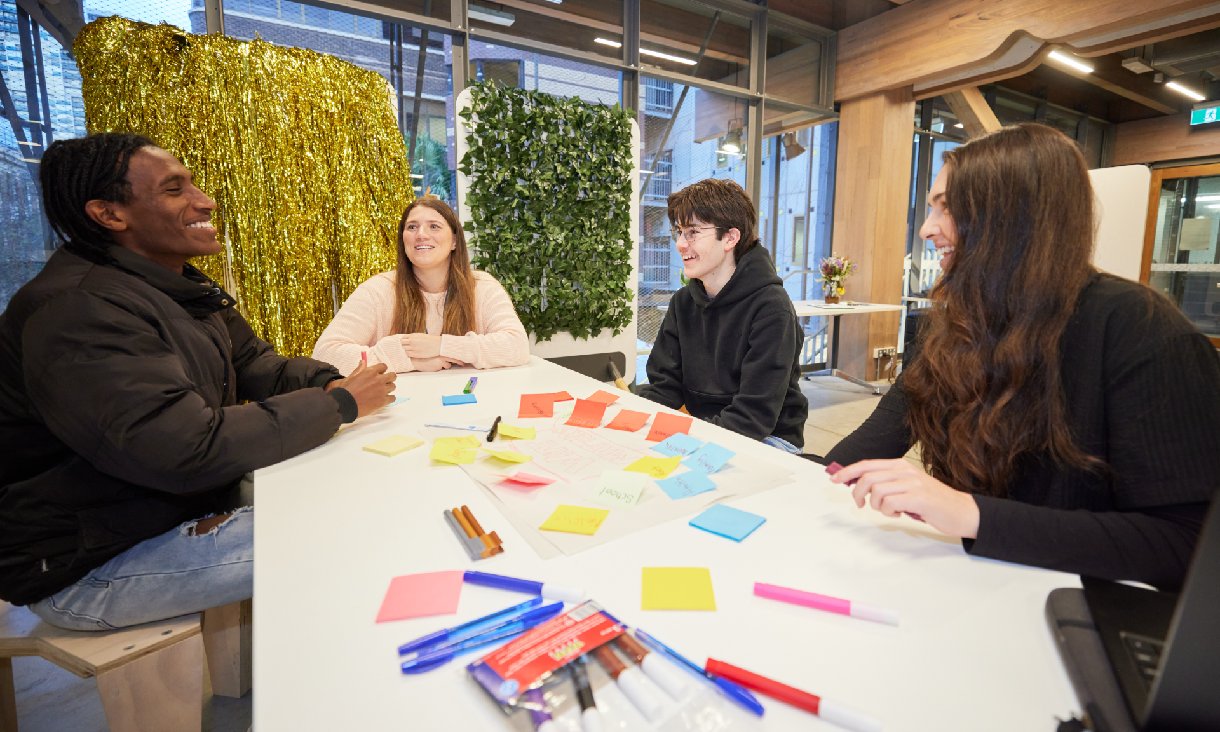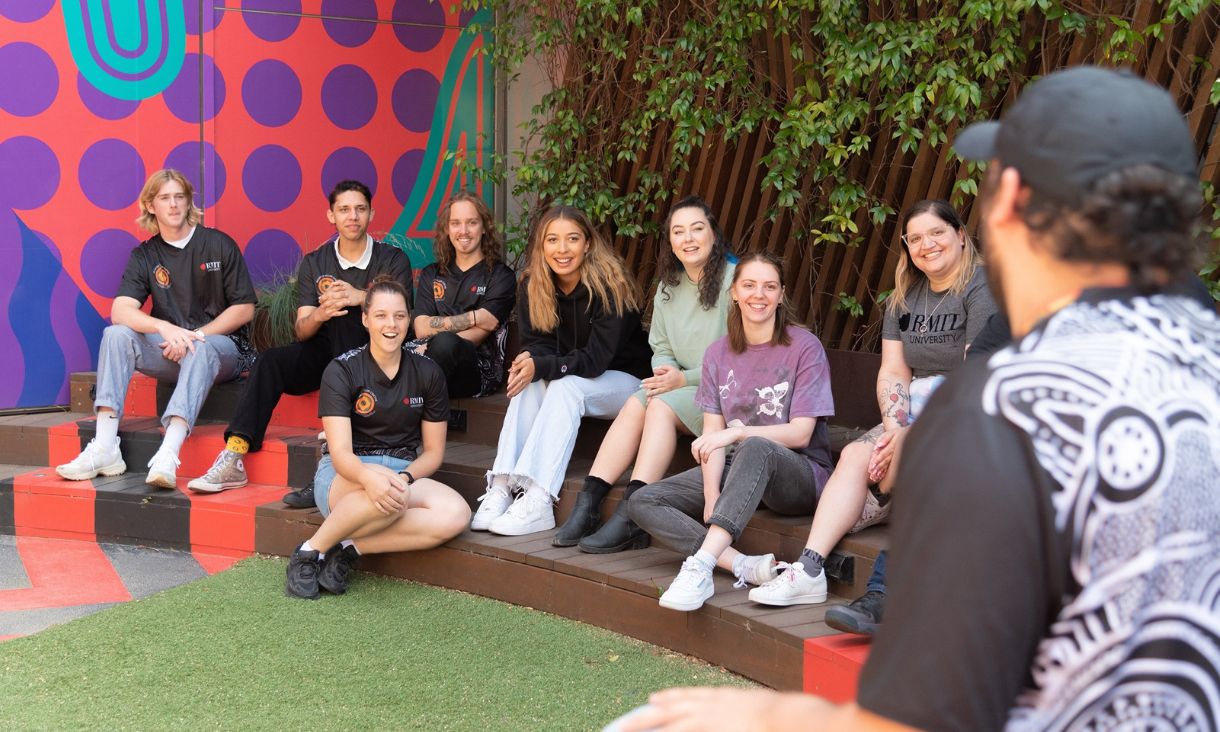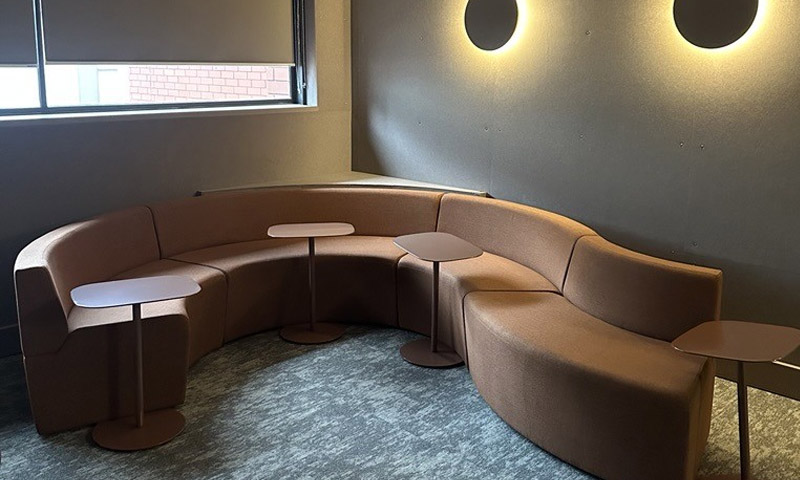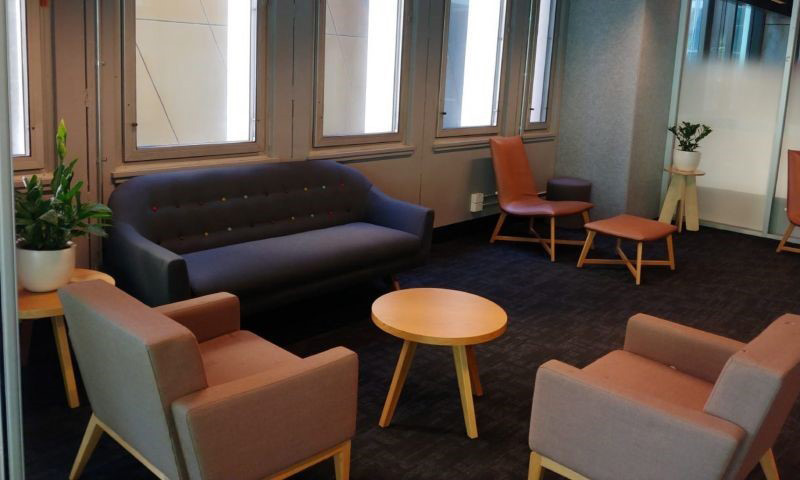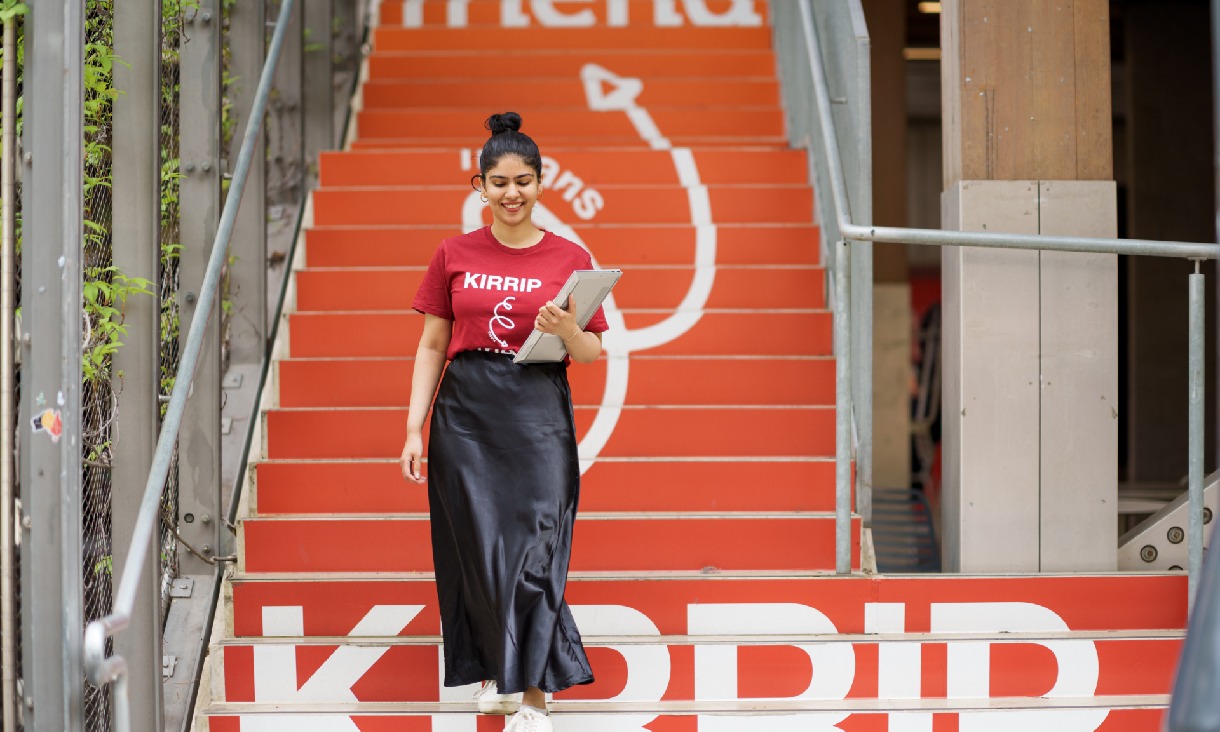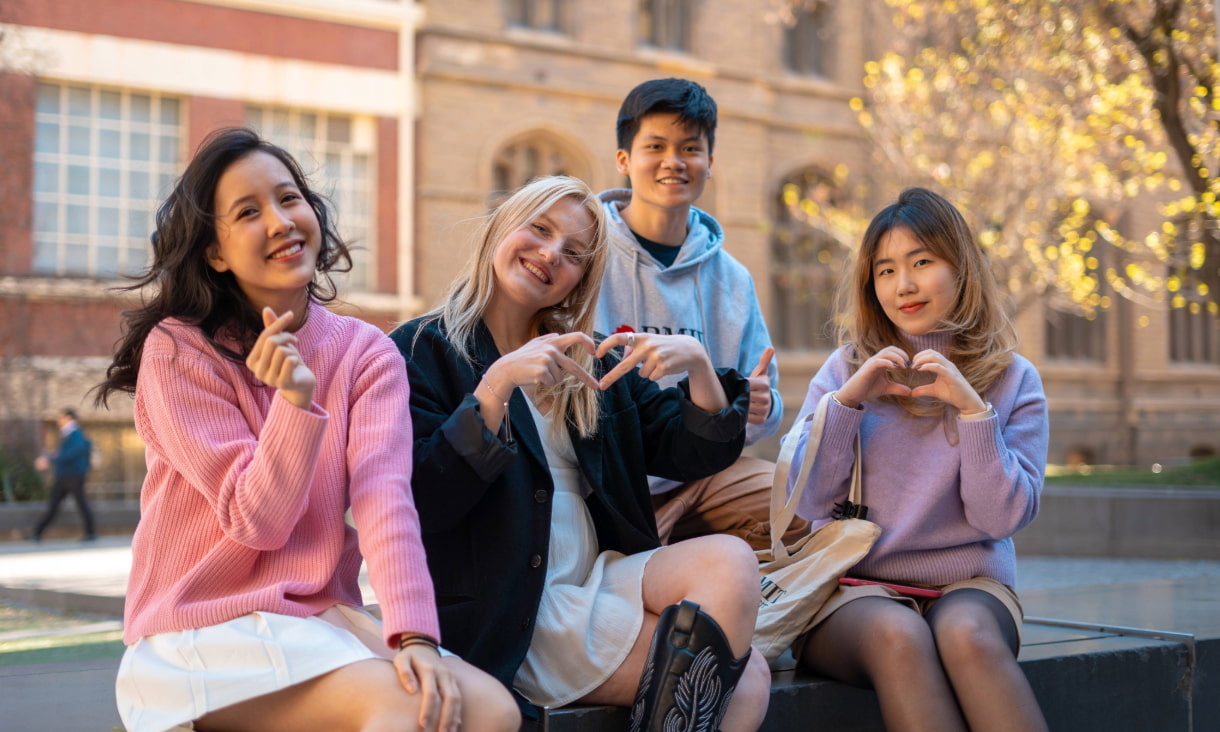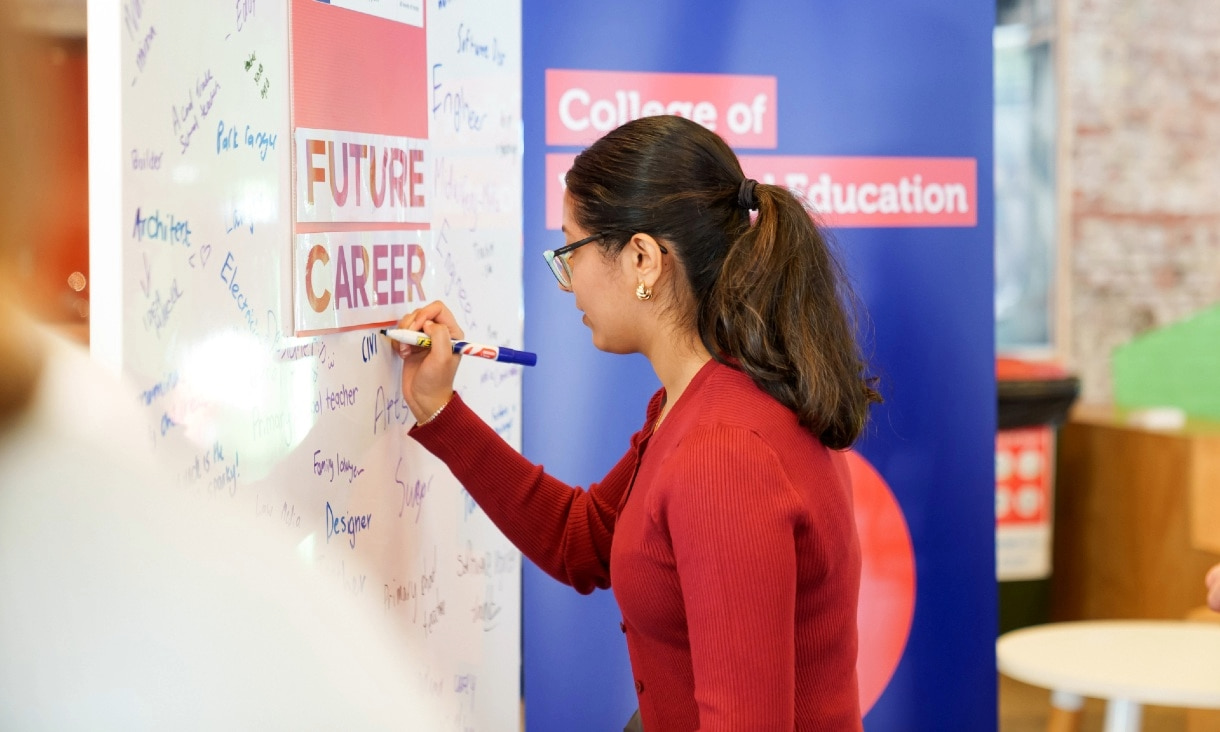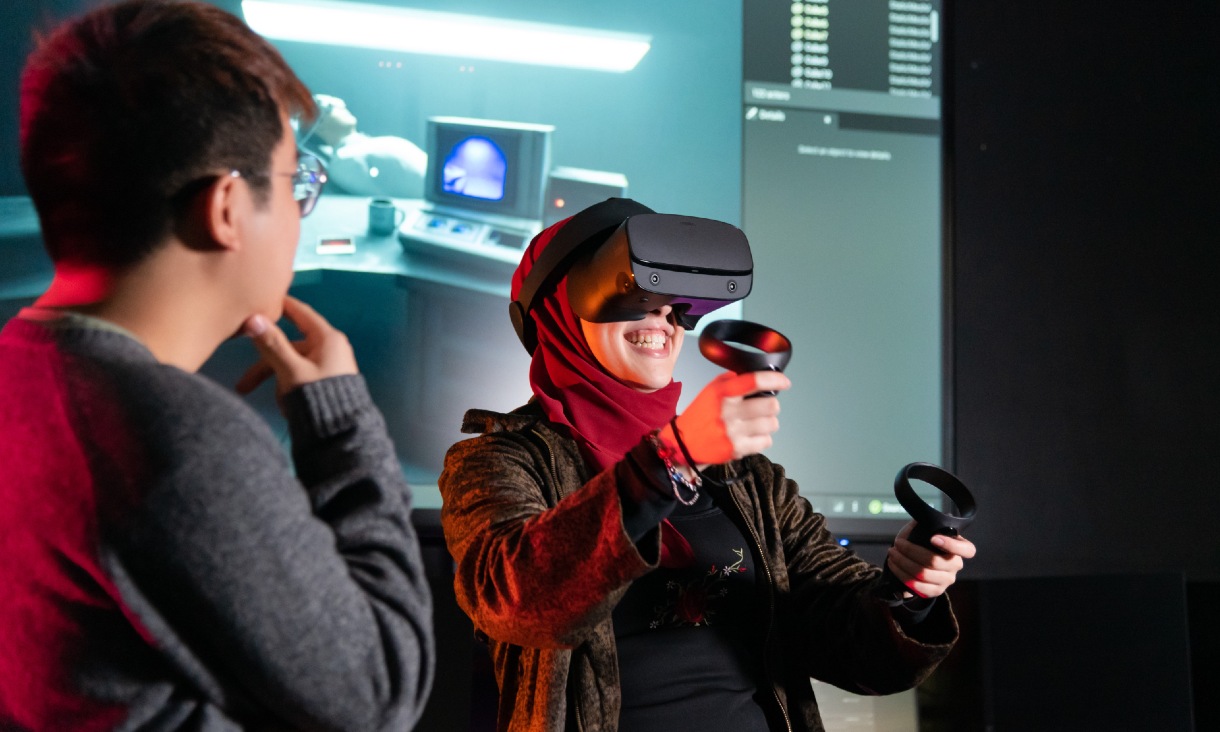Five ways to make friends at uni
Learning ways to meet like-minded people as an international student can greatly enhance your overall experience abroad.
Four ways to set up your career while you study
Isn’t it frustrating when an entry-level job asks for experience? This can feel like a barrier between you and achieving your career goals.
What does hands-on learning look like at RMIT?
Ever wondered what hands-on learning looks like in your dream course? Practical learning is more than just work experience – discover what hands-on learning means at RMIT.
